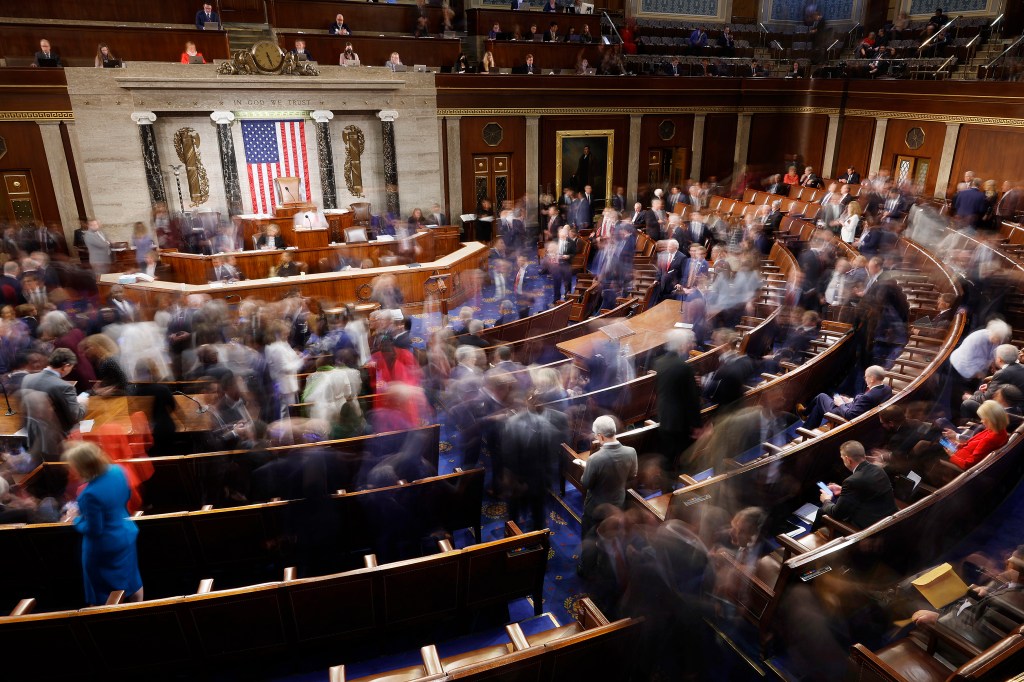SEC Chair Paul Atkins submitted testimony before the US Senate Appropriations Subcommittee on Financial Services and General Government on Tuesday prefacing his remarks by saying “the SEC is returning rulemaking to regular order.”
He said: “Our comment periods will not be artificially short, and the public will have ample time
Register for free to keep reading
To continue reading this article and unlock full access to GRIP, register now. You’ll enjoy free access to all content until our subscription service launches in early 2026.
- Unlimited access to industry insights
- Stay on top of key rules and regulatory changes with our Rules Navigator
- Ad-free experience with no distractions
- Regular podcasts from trusted external experts
- Fresh compliance and regulatory content every day












